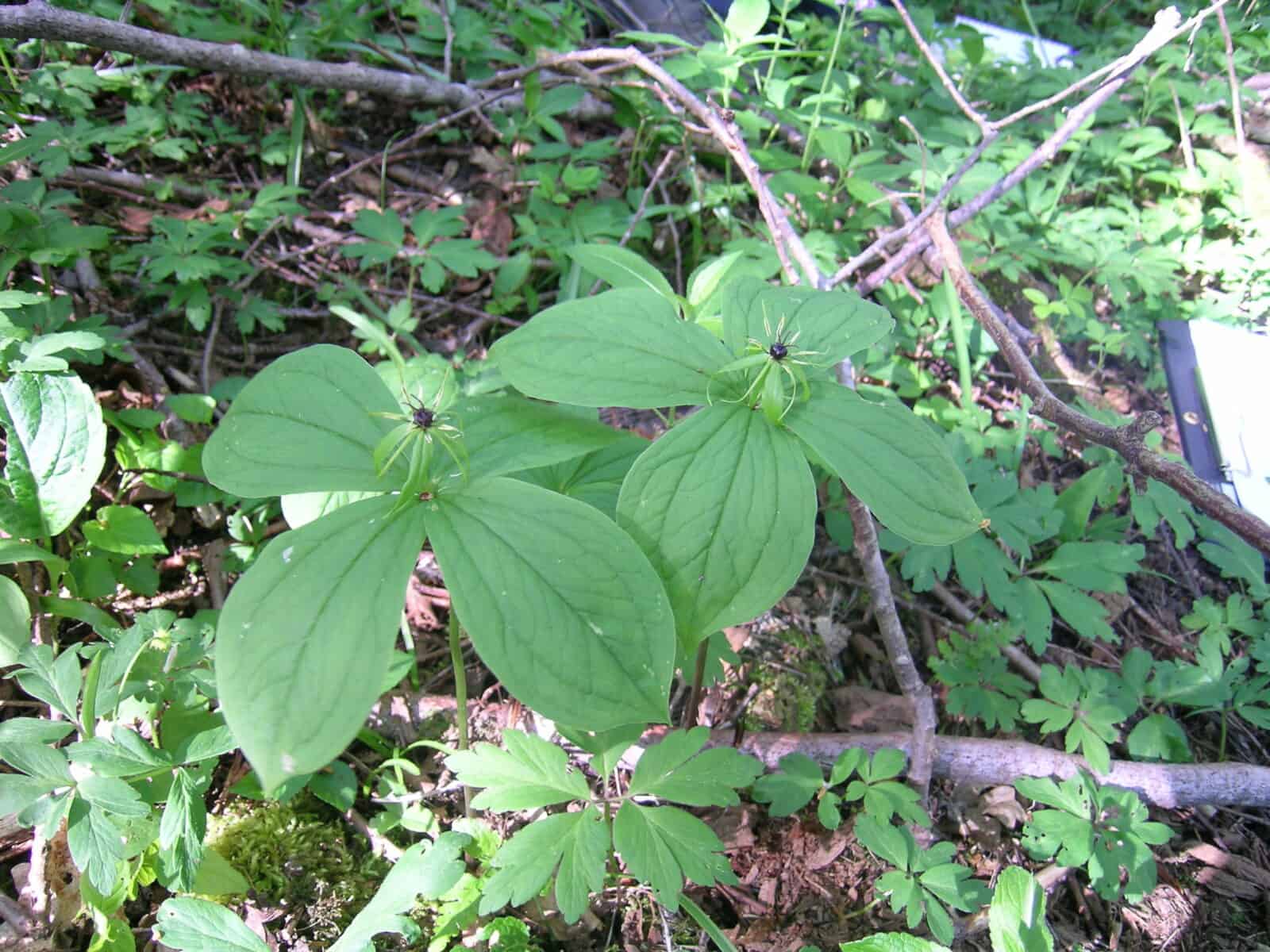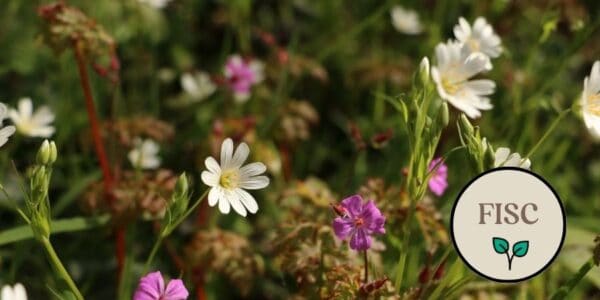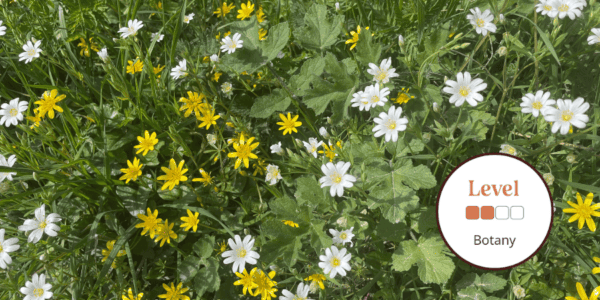This beginner course is a chance for you to look at an extensive limestone nature reserve in spring when the woodland species are at their best. The course provides the opportunity to see uncommon plants that are specific to limestone, and will introduce ferns, enabling you to identify different species in the field.
We will look at habitats comprised of a series of former limestone quarries and a large common. The range of habitats, both limestone and mesotrophic grassland, cliff face and scrub display a terrific array of species, but it is the woodland at this time of year which entices the naturalists!
What will be covered during this course?
- The ecology of limestone habitats
- Woodland ecology, threats and management
- Differences between grasses, rushes, sedges and other flowering plants
- Identification of woodland species in the field
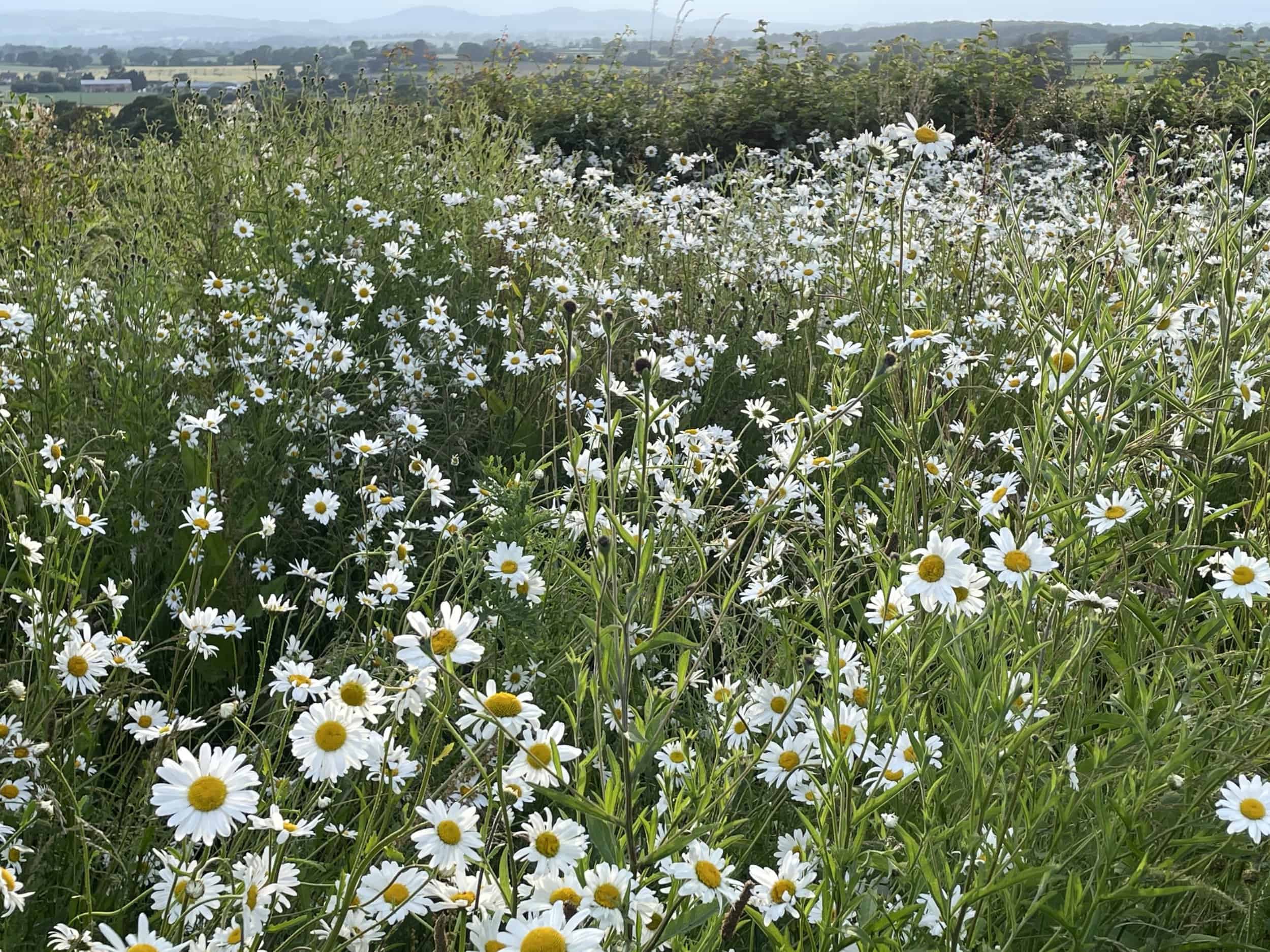
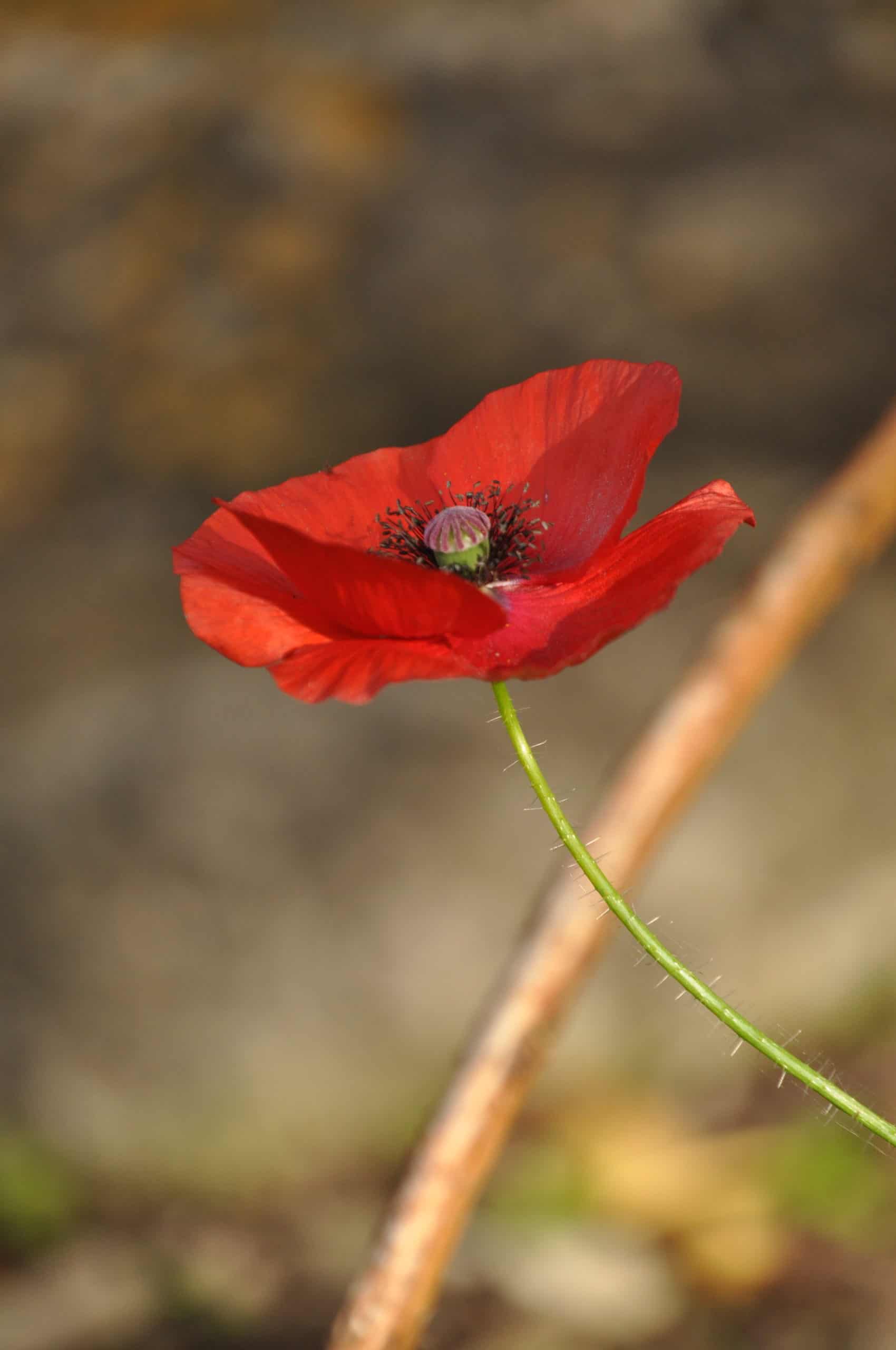
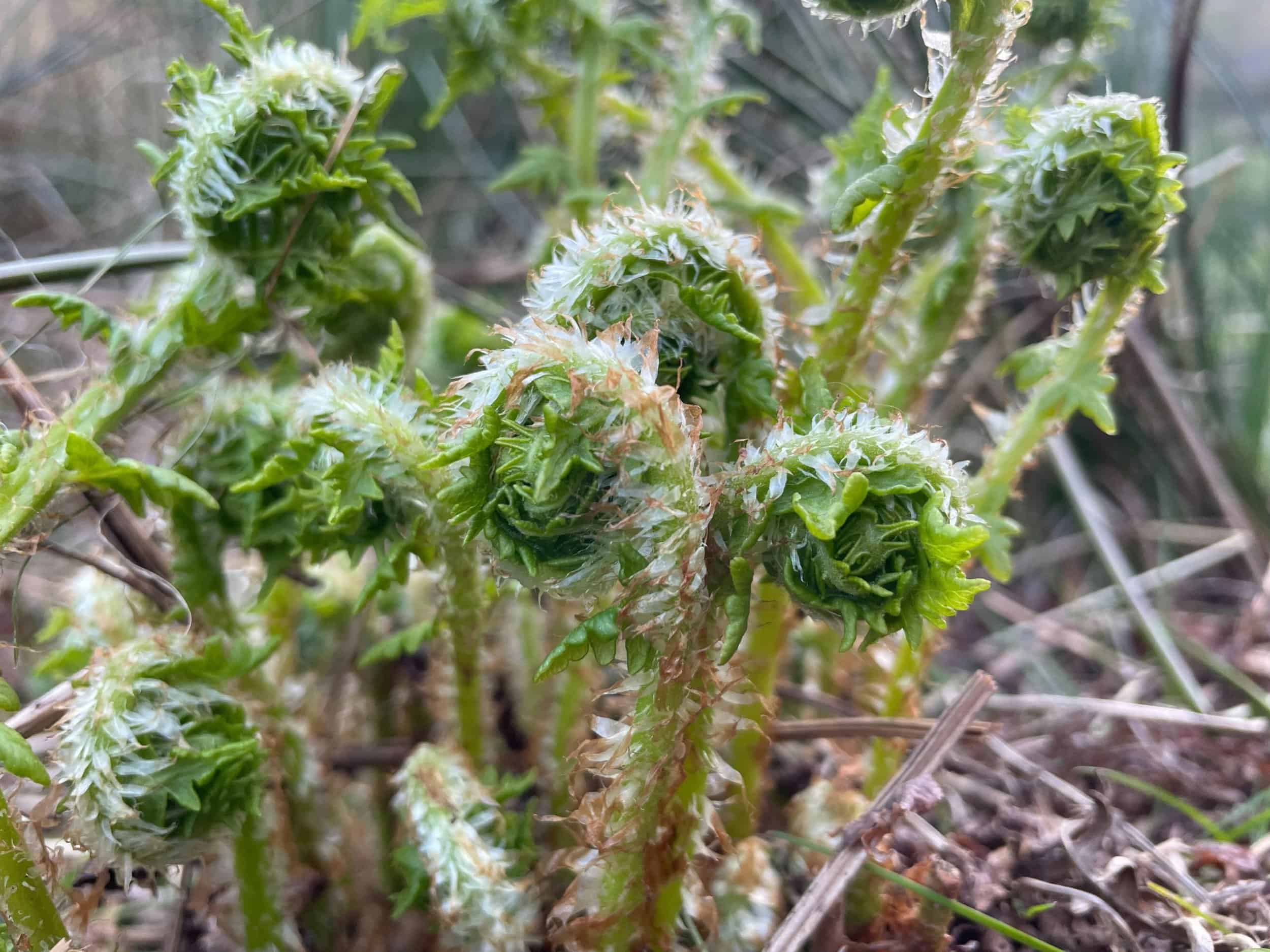
Read More
We will begin with a short presentation on the reserve, its history, and current management. Most of the day will be spent exploring this large reserve with its network of paths and small quarries, identifying a wide range of wildflowers and ferns.
By the end of the course, you will be able to:
- Explain the ecology of limestone habitats
- Understand basic ecological structure and processes, management practices and threats to semi-natural woodlands
- Distinguish between grasses, rushes, sedges and other flowering plants
- Identify the ‘pinnate’ structure of ferns and how to apply this in identifying different ferns
- Identify a large number of woodland species in the field
- Share this knowledge with friends, family, and fellow volunteers
Who Should Attend? – If you’re ready to start identifying a range of botanical species, then this is the course for you! You may be a nature enthusiast, student, ranger, early career consultant, or ecologist.
Knowledge Level – Beginner. Level descriptors can be found on the following web-page: Framework and Course Level Descriptors
Prior Knowledge – It would be an advantage for learners to have some prior knowledge of plant species identification and the differences between different plant groups.
PLEASE NOTE the course fee is for tuition only. There is no accommodation provided with this course. If you would like to book accommodation, lunch and an evening meal at FSC Preston Montford, please email [email protected].
Bookings will close if course capacity is reached.
Please email [email protected] if you have any questions.
About the Tutor
Fiona Gomersall
Fiona Gomersall is a trained biology teacher and skilled field botanist. She is Conservation Officer at Shropshire Wildlife Trust and is an active member of the Shropshire Botanical Society. Fiona’s monitoring and botanical survey work takes her all over the county to the 40 nature reserves and several hundred local wildlife sites.
Example Timetable
Example Timetable
This timetable is subject to change but should give a clear outline of what to expect.
Please arrive in time for the course to start promptly at 10:00 am
The course will end at 5:00 pm.
10:00am Tutor introduction and short presentation
11:00am Break and prepare for field trip– refreshments not provided
11:15am Field trip to Llynclys common nature reserve – introduction to the species (grasses, rushes, sedges and other flowering plants)
1:00pm Lunch – not provided
1:30pm Continued field time – introduction to fern architecture and species identification.
4:00pm Return to classroom, summary and final questions
5:00pm End of course
Please note - accommodation, refreshments and an evening meal are not included.
A high level of fitness is not required but we will be walking about 2 miles and the paths can be rough and steep in places. A good level of mobility will be necessary.
What's Included
The course has been carefully created by expert tutors and educators to help you continue to build and develop your knowledge and apply it within the field surrounded by like-minded individuals.
The course includes:
- Classroom learning covering the theory of the species
- Field excursions to apply new knowledge
- Expert tuition for which the Field Studies Council is renowned
- Clear objectives and progression
You can rest assured that the absolute best content from an expert in environmental education will be provided. In choosing an FSC course, you will be joining thousands of people who learn with us each year.
Bursaries and Subsidies
Student Discount
This course is eligible for a student discount. If you are a current student, please use discount code BioStudent20 at checkout for 20% off all Biodiversity courses.
Natural History Bursaries
There are a number of natural history bursaries available to help with the cost of your course. To find out if you and your chosen course are eligible, read more here.
Before You Attend
What to Bring:
- Notebook and pencil
- Lunch and refreshments
- Sensible footwear and clothing for being outdoors
- Small bag to carry personal items
- Mandatory publications:
- FSC fold out chart on Woodland Plants
- FSC fold out chart on Ferns
If you have them:
- Hand lens
- Your own reference book(s) - If you have access to the revised edition of ‘The Wildflower Key’, Rose and O’Reilly or ‘Collins Wildflower Guide 2nd edition’ and the ‘Field Flora of the British Isles’, Clive Stace
There will be a member of staff with first aid training and access to a first aid kit on site. If you have special medical or access requirements, please let us know as soon as possible so we can plan the course.
Opportunities to attend this course
This course is not currently available to book. Dates will follow soon.
Sign up to our Email Newsletter
Progress Your Learning
This is a training course from the Field Studies Council, delivered by expert tutors with an approachable learning style. After attending this course, you may like to progress your learning with further relevant courses or branch out into other areas of natural history. The Field Studies Council offers both online and in person courses, so you can choose the learning style that suits you best.
The course gives you the opportunity to immerse yourself in a new subject and acquire novel skills. Our online portal gives you time to study at your own pace and fit the lessons around your own schedule.
If you have any questions about our courses please check our Frequently Asked Questions or email [email protected].
Group Bookings Made Easy
If you have a group of 10 or more individuals wanting to complete one of our courses, our team are available to discuss your options – from discounts to private team courses. Click here to find out more!
You can rest assured that the absolute best content from an expert in environmental education will be at your fingertips. In choosing a Field Studies Council course, you will be joining thousands of people who learn with us each year.

